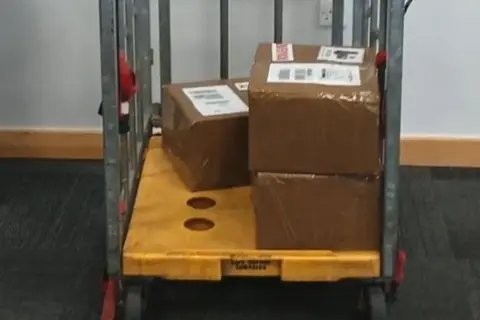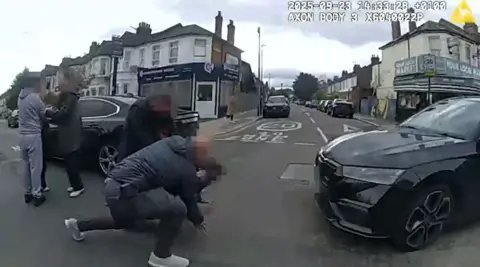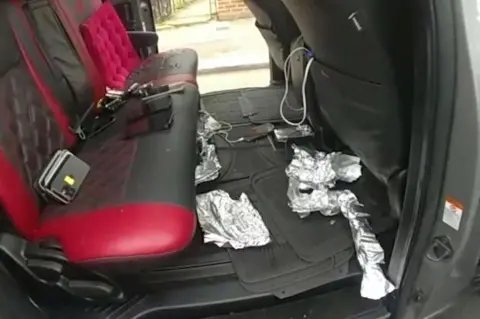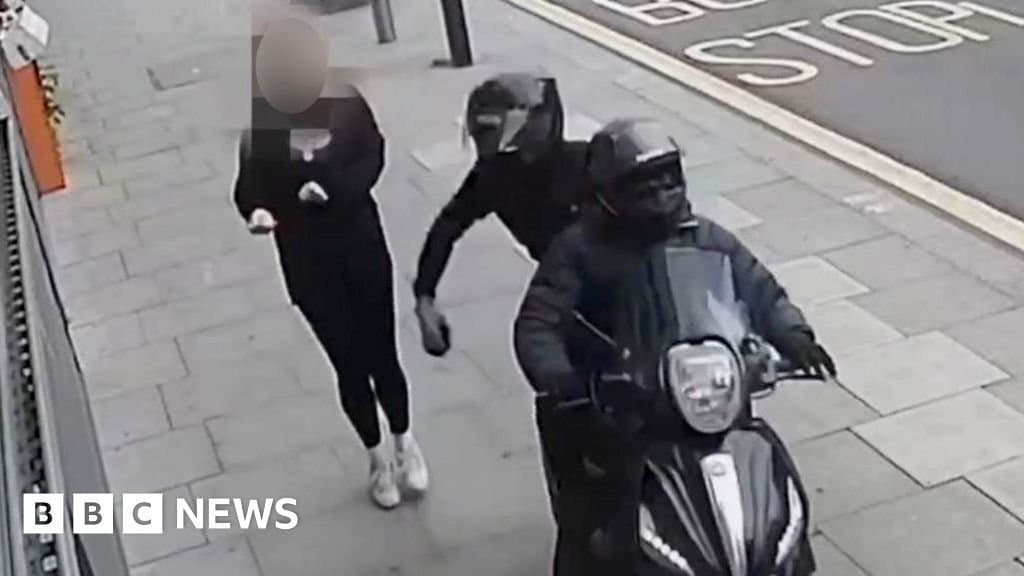A stolen iPhone tracked to a Heathrow warehouse on Christmas Eve sparked a massive police operation that dismantled a gang suspected of exporting up to 40,000 stolen UK phones to China annually. The Metropolitan Police's unprecedented crackdown, involving dawn raids and high-risk interceptions, reveals a sophisticated black market exploiting global demand for high-value devices like iPhones. This case underscores critical vulnerabilities in mobile security and the urgent need for industry-wide a
In a dramatic turn of events that began on Christmas Eve 2024, a victim's use of Apple's Find My iPhone feature led police to a warehouse near Heathrow Airport. There, amidst 894 other devices, lay the stolen phone that would unravel an international smuggling operation. This discovery ignited the Metropolitan Police's largest-ever investigation into phone theft, resulting in 18 arrests and the seizure of over 2,000 devices. The gang, now dismantled, is suspected of exporting up to 40% of London's stolen phones—primarily iPhones—to China, where they fetch up to £4,000 each due to their ability to bypass internet censorship.

The investigation exposed a highly organized supply chain: street thieves, often on e-bikes or mopeds for quick getaways, sold devices for up to £300 per handset to handlers. These middlemen used foil wrapping to evade detection during transport—a tactic captured in police bodycam footage during a mid-road car interception. Officers found dozens of phones concealed this way, highlighting how low-tech methods can undermine high-tech security. Detective Inspector Mark Gavin described it as an "international smuggling gang" that had operated with alarming efficiency, shipping phones to Hong Kong in bulk.

Why iPhones? Senior officers confirmed they were specifically targeted for their profitability. In China, stolen Apple devices command premium prices not just for resale but as tools to circumvent government restrictions, making them far more valuable than other brands. This demand has fueled a surge in UK thefts, with London incidents nearly tripling since 2020—from 28,609 to 80,588 in 2024—accounting for 75% of all UK phone robberies. Policing Minister Sarah Jones noted criminals are abandoning drug dealing for phone theft, calling it "more lucrative," as national "theft from the person" rates hit a 22-year high.

Victims like Natalie Mitchel, who lost her phone on Oxford Street, criticize police for inadequate responses to real-time tracking data, citing resource constraints. Yet the Met reports a 13% drop in personal robberies this year, crediting initiatives like deploying 80 additional officers in hotspots and social media campaigns. Commander Andrew Featherstone emphasized the operation's scale: "We've dismantled criminal networks at every level, from street thieves to international groups." London Mayor Sadiq Khan urged the tech industry to "design out" theft by making devices unusable when stolen, advocating for global cooperation to disrupt this trade.
The fallout from this case is a stark reminder: as mobile devices become lifelines, their security flaws enable transnational crime. While police tactics evolve, lasting solutions require manufacturers to harden hardware against illicit reactivation—turning the tide on a black market built on stolen data and disrupted lives.
Source: BBC News

Comments
Please log in or register to join the discussion